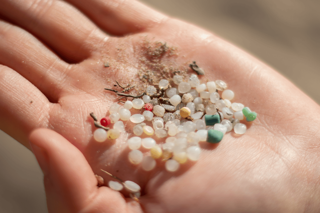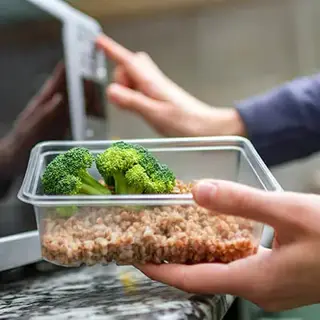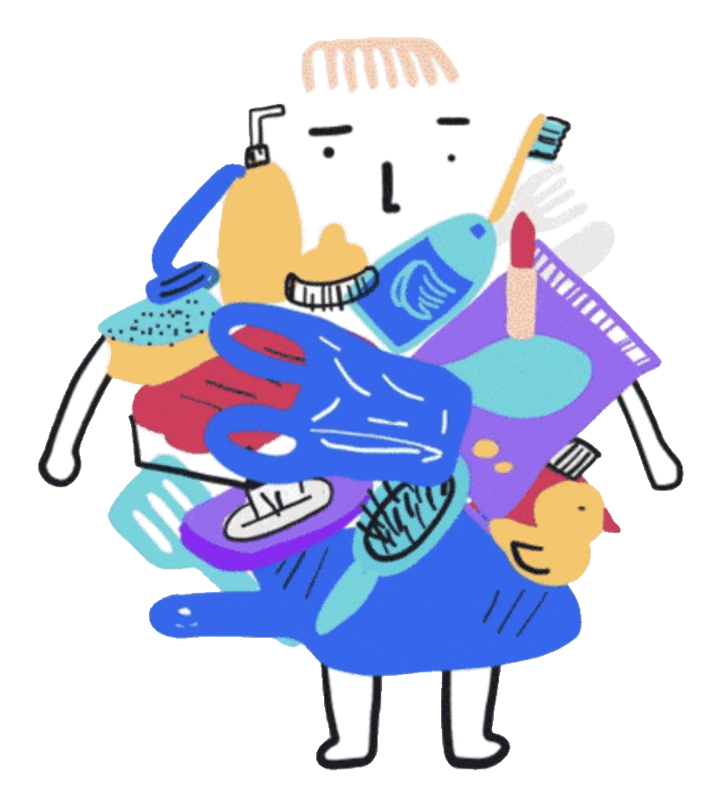Sign our call for a strong Plastic Treaty!
The new plastics treaty is considered one of the most important environmental agreements made since the Paris climate accords in 2015. The stakes are high and that was evident in Ottawa.
Just a year ago, in May 2023, Round 2 of the negotiations took place in Paris. The focus then was still on preventing plastic pollution in oceans and seas. As long as we clean up and recycle our plastic properly, everything will be fine. Fortunately then, we managed to broaden the focus of the treaty. The treaty’s objective was set on preventing plastic pollution, including in the marine environment. This one little word made it possible to tackle plastic pollution much more broadly than ‘just’ the ocean. And this is very much needed: plastic has now been found in our blood and multiple organs and is also linked to various diseases such as Alzheimer’s and cancer.
What became clear in Ottawa was that a lot has changed in a year. The effects of plastic on human health were not yet an agenda item in Paris, now it was talk of the town.
Producing less plastic
Globally, 500 million tonnes of plastic are now produced every year and without additional action, this is going to double or even triple in the next 20-30 years. The earth absolutely cannot cope with this, so it is not surprising that a broad coalition of countries is calling for a firm reduction in new plastic. Rwanda and Peru are leading this coalition, supported by the small island states. These very countries are seriously confronted with the harmful effects of plastic without benefiting much economically. A group of countries united in the High Ambition Coalition, (now more than 50 countries, including the EU and including the Netherlands), support this call.
However, there is also a counter-camp: the oil-producing countries. With Saudi Arabia and Iran leading the way, supported by Russia and the US, there is a solid counter-block that does not want to agree on a reduction. The economic stakes for these countries are huge. We are going to drive less and less cars and use less oil, because of this, plastic is the new business model.

Jeroen Dagevos (PSF), Prof Lukas Kenner, Maria Westerbos (PSF)
Plastic Health Council
To address this, we organised a side event on behalf of the Plastic Health Council, focusing entirely on the health effects of plastic on humans. Invited as a special guest was Professor Lukas Kenner, pathologist at the Medical University of Vienna. He worries that we have underestimated the effects of plastics on our health. He sees nanoplastics playing a role in the formation and growth of cancer cells. A short personal portrait explaining this was broadcast during the event, then he answered questions from the 130-plus people present, including delegates from several countries, people from the plastics industry and scientists. The room was packed. It made a deep impression.
From Ottawa to Busan
In the end, Ottawa still did not deliver a mandate to reach agreements on reducing global plastic production. But things did start to shift. A week after INC4, the G7 came out with a statement calling for limits on plastic production. The US is also part of this group, and something seems to have changed here.
The next summit will be held in Busan, South Korea, at the end of November. The aim is to have a final treaty by then. It will still be exciting, as the stakes are high. But we are hopeful. In any case, we as Plastic Soup Foundation will again do everything we can to provide even more evidence that plastic is bad for our health, and that the plastic tap should therefore be turned off as soon as possible.



